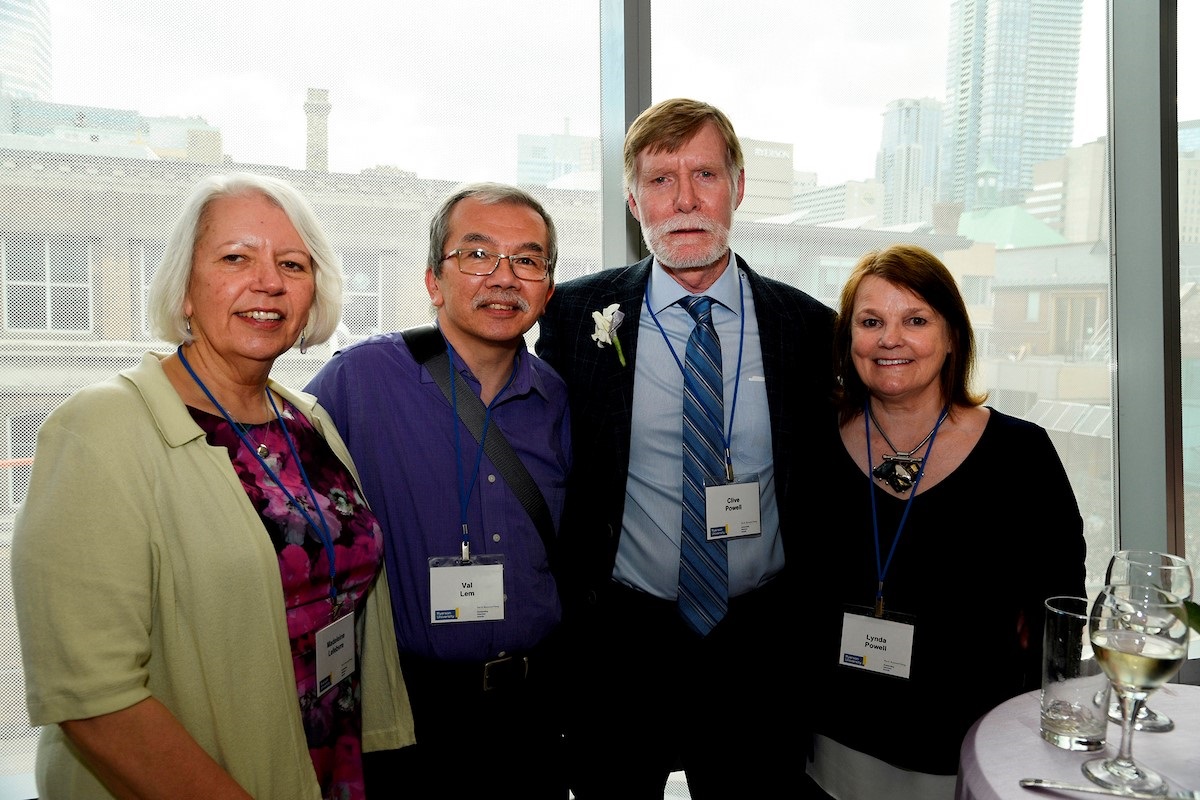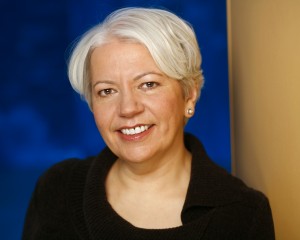
Clive Powell, who was instrumental in bringing The McGraw-Hill Ryerson Press Collection to the Ryerson Library and Archives, was recently awarded an inaugural G. Raymond Chang Outstanding Volunteer Award in recognition of his role.
As a retired McGraw-Hill senior executive, Clive has dedicated himself since 2011 to documenting the Ryerson Press Collection, acquired by McGraw-Hill through its purchase of Ryerson Press in 1971. The collection, which includes almost 3000 book titles and more than 2000 related archival documents, has been donated to the Special Collections unit of Ryerson Library and Archives. Clive has conducted extensive research into various aspects of the collection, has produced a video and writes a blog.
Clive presented a paper about his work on the collection at the 2017 Congress of the Humanities and Social Sciences on May 30 at Toronto Metropolitan University. He was one of four presenters in a joint session of the Bibliographical Society of Canada and the Canadian Association for the Study of Book Culture. His talk, The Ryerson Press: An Enduring Legacy, was part of a panel on Writing, Printing and Publishing for Markets at Home and Abroad.
The first annual G. Raymond Chang Outstanding Volunteer Awards program was launched to recognize the many ways that volunteers contribute to life and learning at Toronto Metropolitan University. The awards are named in honour of the late G. Raymond Chang, former chancellor of Toronto Metropolitan University, for his deep belief in the importance of volunteering.

